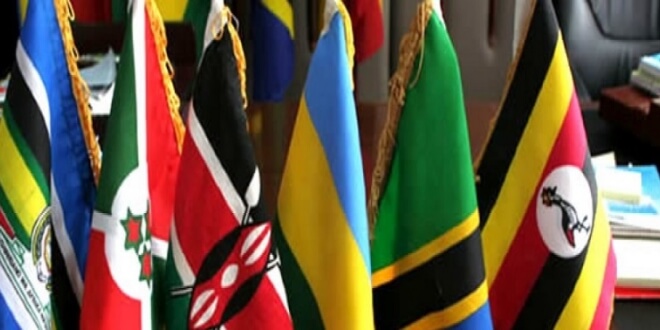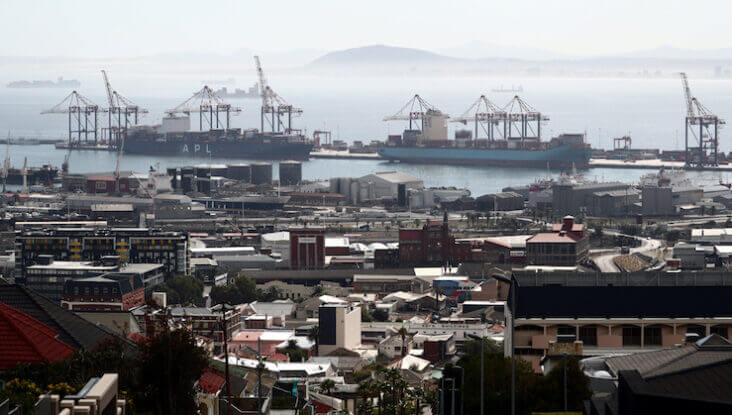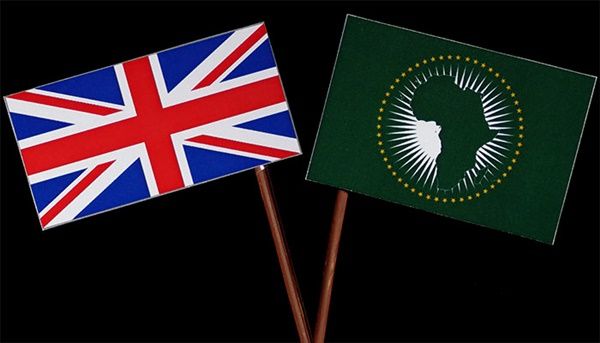The standard gauge railway (SGR) line raked in sales of Sh13.5 billion in its second full year of operations, signalling that the mega project will take longer to break even. The revenues largely driven by a jump in income from freight services, which began charging commercial rates after the end of promotional tariffs in 2018 while increased use of first class tickets in the passenger service compensated for fewer journeys, official data show. The Kenya National Bureau of Statistics (KNBS) data indicate that SGR generated sales of Sh5.7 billion in 2018, reflecting a 136 percent rise in growth. The revenues were not enough to meet the operation costs, which are estimated at Sh1.5 billion a month or Sh18 billion a year. “The substantial increase in revenue from freight transport is partly explained by use of normal tariffs in 2019 compared to promotional tariffs in 2018,” said the KNBS. Cargo charges on the SGR line from Mombasa to Nairobi were increased by up to 79 percent from January last year in a bid to raise more revenue to pay the Chinese operator. But some importers said their transport costs shot up by nearly 50 percent when they used the rail due to extra fees, more time spent clearing goods at the Nairobi train depot and the need to send a truck to collect the goods from there. The data also show that China Communications Construction Company, the operator, increased cargo volumes 43.5 percent to ferry 4,159 tonnes in 2019 even as...
SGR earns Sh13.5 billion revenue in second year of operations
Posted on: May 5, 2020
Posted on: May 5, 2020






















